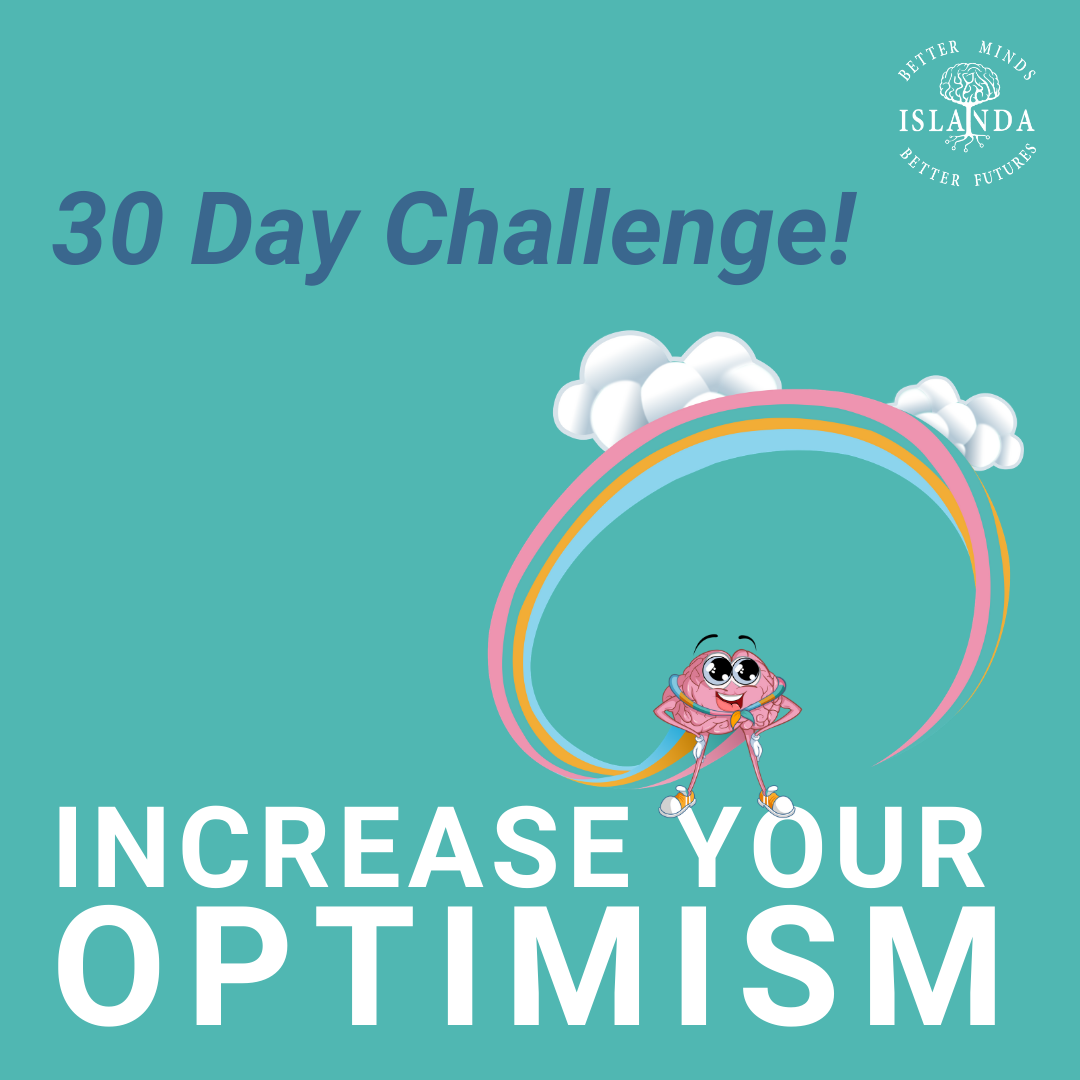Why do we have Habits?
Our ability to create habits enables us to process and respond to the high volumes of data we face every second (according to Dr Joseph Dipenza our brains process 400 million bits of information every second - that is a lot of information!). In addition they enable us to carry out several activities at the same time by performing many familiar activities on 'autopilot'.
Our brains are a big consumer of our energy resources, amounting to approx 2% of body weight and using 20% of our energy.‘EFFICIENCY IS KING’ so our brains create patterns.
Use this page to understand how habits and patterns are created, explore your own habits and patterns and experiment with letting go of those that are no longer serving you and creating ones that do - have fun!
Learn:
- Recommended books fo delving deeper into the science of habits and those that lead to success
- Interesting articles for looking at different types of patterns
- Links to videos by experts in this field
Reflect:
- Understand your goals and what activities will help you achieve them
- Explore the consequence of your typical behaviour patterns
Practise:
- Use the habit gallery for inspiring new habits for your mind and body
- Download the habit tracker to support you in creating new habits
- Sign up for the 30 day optimism challenge and receive an email a day for 30 days to get you started on creating a habit of positivity
- Overcome procrastination using the weekly routine reminder card
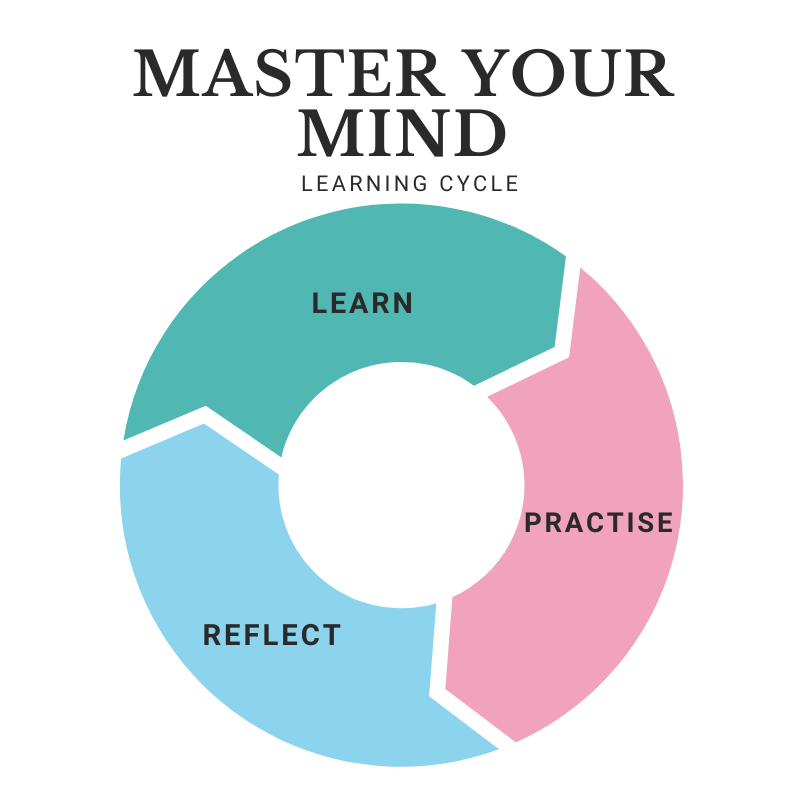
REFLECTION ZONE
Increase Your Self-Awareness
"Awareness is the greatest agent for change. I can control what I am aware of. What I am unaware of, controls me."

Beliefs & Behaviour Traits
Many of our beliefs and behaviour patterns are created before the age of seven, when we are inexperienced, in need of protection and approval, and incapable of understanding the implications of our patterns.
From day to day our decisions follow OUR thinking, OUR behaviour traits and OUR beliefs - most of which are unconscious patterns so are largely not decisions made consciously.
Download this PDF and explore these common beliefs and behaviour traits to bring your unconscious patterns into your consciousness so that you can CHOOSE whether they are appropriate in any given moment rather than following them on autopilot.
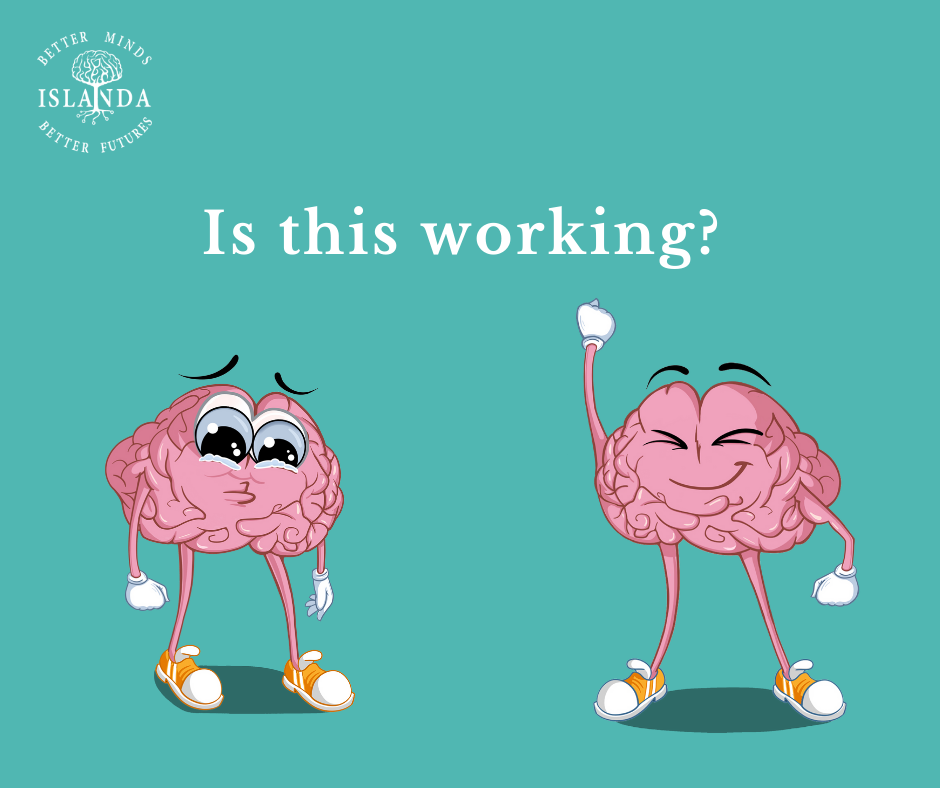
Impact of Patterns
Most of our habits and patterns are subconscious and we may not realise exactly how much they may be impacting our life and success. Have you ever noticed any repeat patterns in your life? Things that keep happening to you? Whilst you may not have intended to achieve this repeated outcome, it is likely that an unconscious pattern has been creating it.
Identifying patterns that are sabotaging your success and either letting them go or adjusting them in the moment can be life-changing.
For each significant behaviour pattern or belief use this exercise to explore its impact to motivate you to change or modify it.
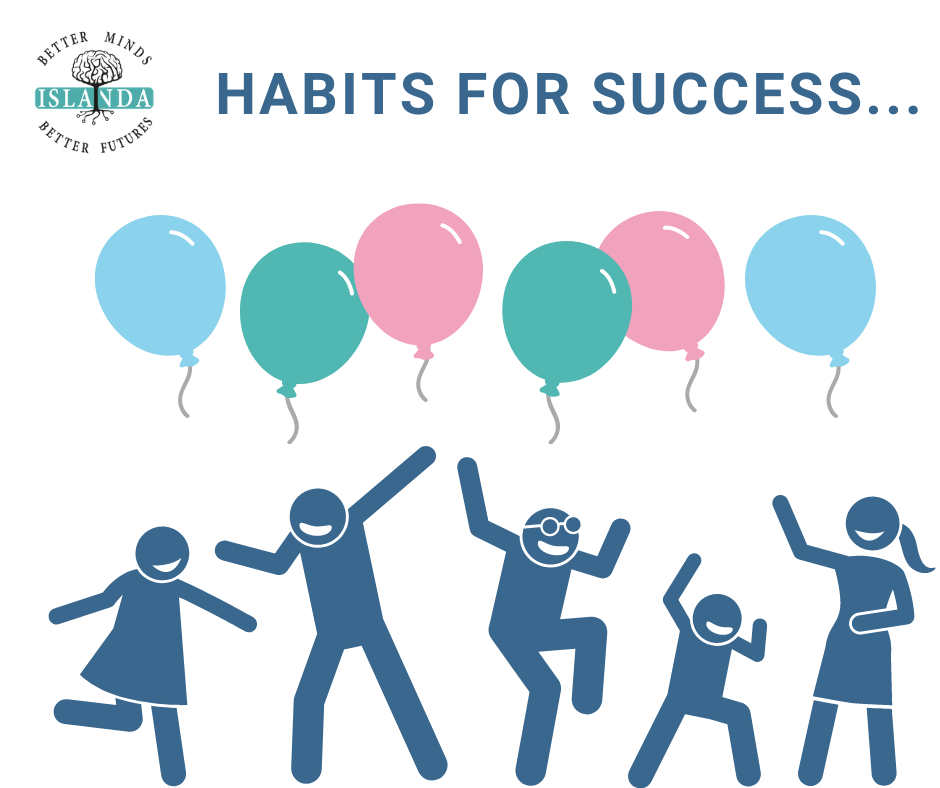
Habits for Success
To achieve any goal, whether it's finite, such as achieving a specific objective , for example, to pass an exam, or whether it's an overarching intent such as to be healthy, there will be certain activities that will achieve that goal and others that sabotage it.
Getting clear in what you need to be doing on a daily, weekly, monthly etc basis and creating a HABIT of it will ensure you achieve the goal without the need for willpower which is only limited.
Use this worksheet to break down your goals into the regular activities that lead to success. With this knowledge you can then set about creating the helpful habits and modifying those that are not so helpful.
PRACTISE ZONE
Create Habits For Success
For your goals or desired lifestyle reflect on all of your regular activities and:
-
keep doing ones that work;
-
create new ones that you don't have yet; and
-
either change, or stop, those habits that are sabotaging your success
Create a Habit of Positivity
Our brains are primed for survival leading us to have a negative bias, tuning into anything that could pose a threat to us.
In today's world, threats are unlikely to impact ur survival and yet we respond as if that is the case focussing on protection rather than connection or focusing on the task at hand.
Training your brain to let go of being primarily protection-focussed opens up a whole new world where you will be able to connect, collaborate and be more creative.
Exercising optimism is one of the most powerful emotional intelligence skills for living a more fulfilled and happy life.
Take the challengeHabit Gallery
Create habits of activities that achieve the goals you set and the life you want now and in the longer term. To fulfil your basic needs consider having habits for your MIND and BODY that contribute to your HEALTH, WEALTH and personal LEARNING & DEVELOPMENT. Use this HABIT GALLERY to inspire you. Hover over each tile to uncover a habit relating to that topic and choose ones that appeal to you:
- Pick a maximum of 2 habits to work on at a time;
- For each habit commit to a small step that you can do consistently for a minimum of 30 days;
- Track your progress and build on it until it becomes a sustainable habit that will achieve the desired outcome.
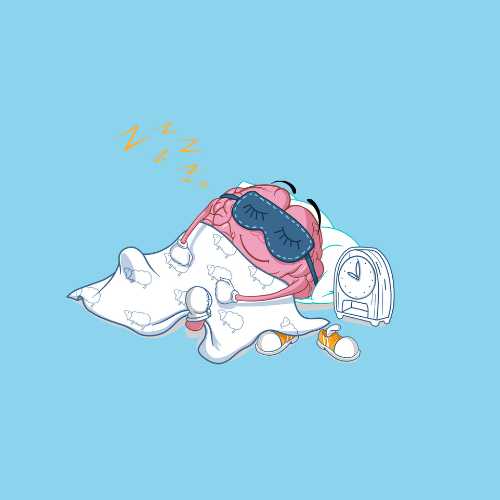

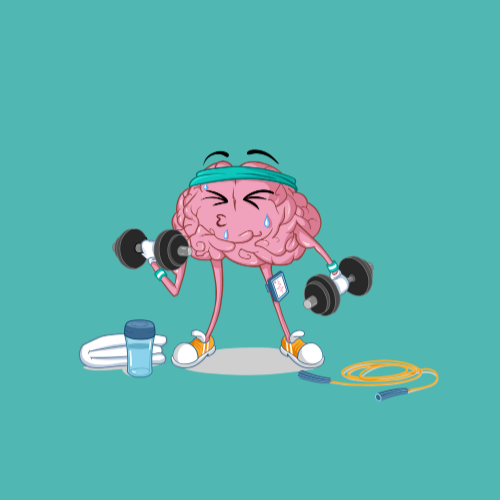
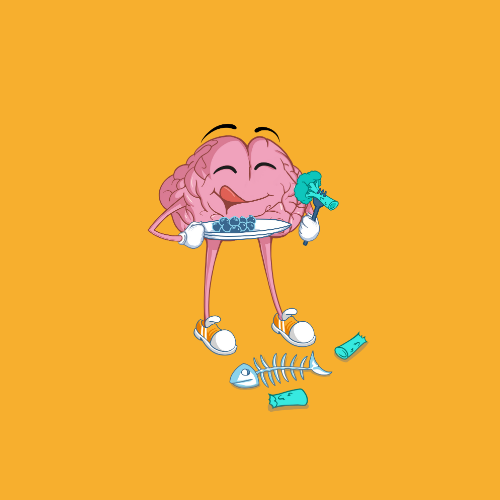
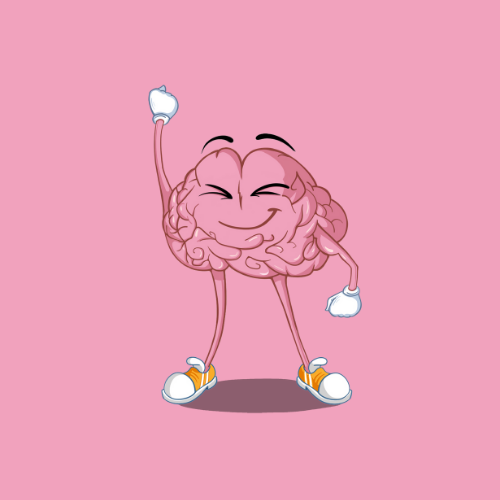
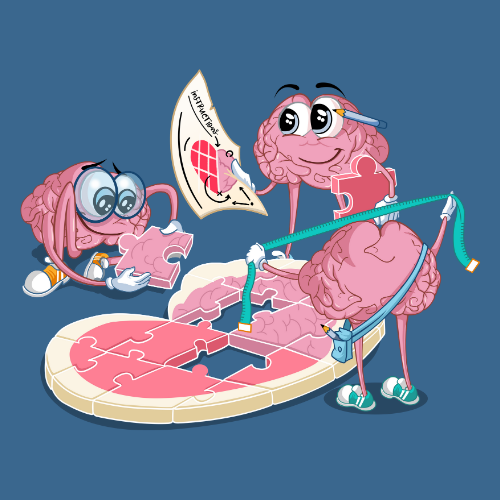








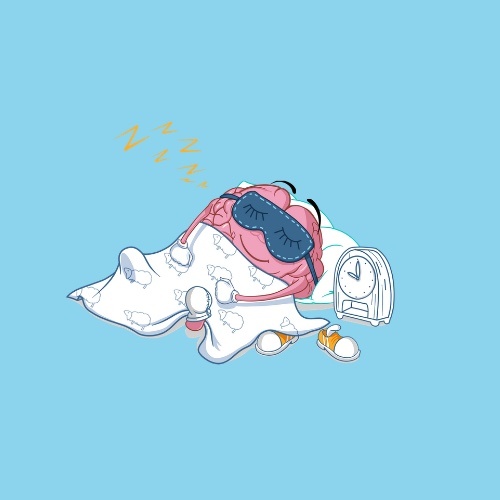















Create Habits to Overcome Procrastination
The habit of procrastinating is incredibly common especially for people who have a fear of criticism, rejection or failure or a pattern of perfectionism.
It should be noted that procrastination is not always a habit - it can be a sign that something is not right and may not be congruent with your purpose or core values. If this is the case, take time to assess what is misaligned and how you can reframe it to be more aligned.
However, for those that recognise a habit of procrastination - you know who you are! When you put off doing a task, find yourself easily distracted or keep yourself busy so that you have an excuse for not tackling it. This is for you...download this pdf as a reminder of the habits to engage with to overcome this habit, practise one or two at a time until they become established and notice your habit to procrastinate start to melt away.
Download PDF
LEARNING ZONE
Interesting Articles
We create habits and patterns for a multitude of things including how we respond emotionally, think and behave. Here are a few articles that look at different ways of reflecting on patterns so that you can tweak existing patterns and create new ones that serve you better and create the life you want to live with better performance and outcomes.
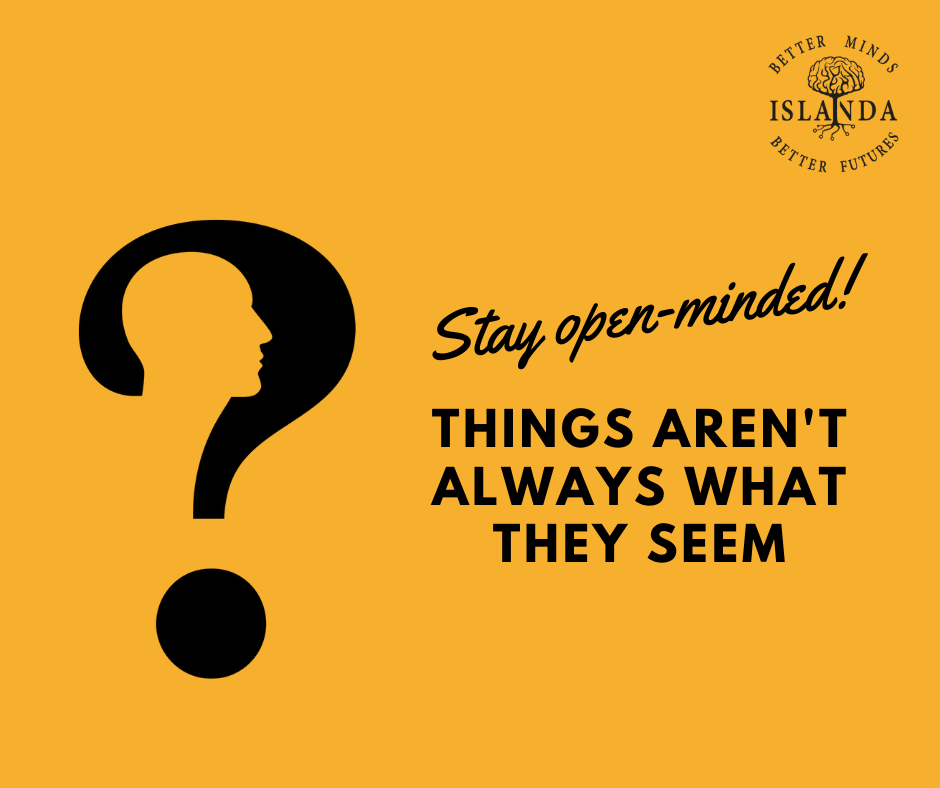
Mindset Patterns
When our minds are closed, intent on protecting ourselves or what we believe is right, we miss opportunities. Creating a habit of having and open mindset increases the options available to you for achieving your gaols and overcoming obstacles.

Language Patterns
The words we use have an impact on the message we convey to others as well as ourselves. This article looks at 3 particularly powerful 3-letter words - make a habit of using them appropriately and notice different results.
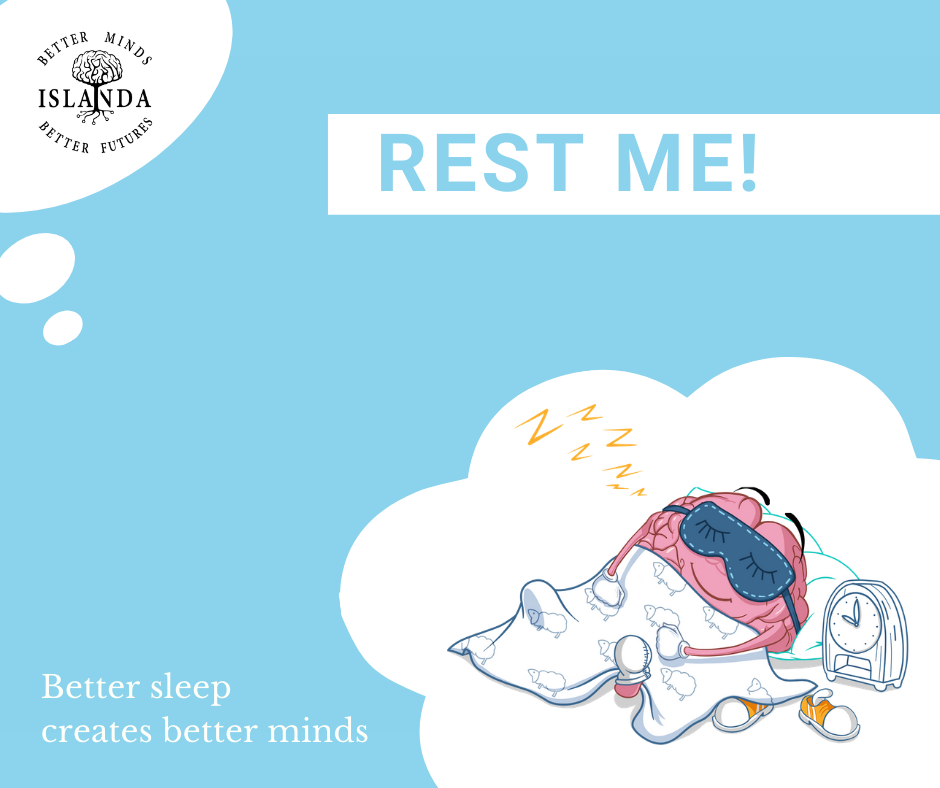
Sleep Habits
When we don't feel great we often focus on achieving a goal - this might provide a short term boost but is unlikely to be sustainable. Having habits for doing the basics well will pay dividends and many believe that sleep is top habit to crack.
Playlist of Interesting YouTube videos
We are always updating this playlist for videos that will inspire. Videos include:
-
The Power of Habit by Charles Duhigg at TEDxTeachersCollege (providing highlights from his book)
-
How to Achieve Your Most Ambitious Goals by Stephen Duneier at TEDxTucson (who has made a habit of creating habits for success)
-
10 Morning Habits Geniuses Use To Jump Start Their Brain by Jim Kwik, an expert in optimising how you use your mind
Recommended Books
"The more that you READ, the more things you will KNOW. The more that your LEARN, the more places you will GO."
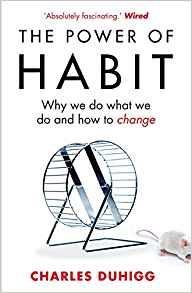
The Power of Habit
by Charles Duhigg
This book provides a comprehensive account of how habits are created and how we can use the cue and reward to tweak or create new habits. Understand how habits become addictions.
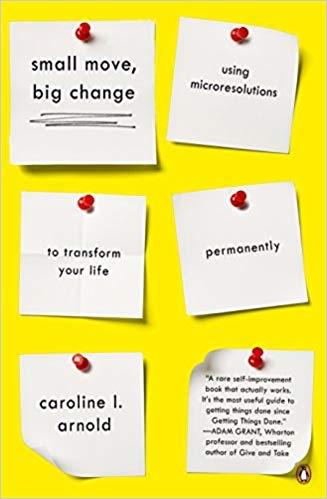
Small move, big change
by Caroline Arnold
This is extremely practical book for providing insights as well as guided techniques for establishing new habits. There is an art to it - master that and it will change your life.
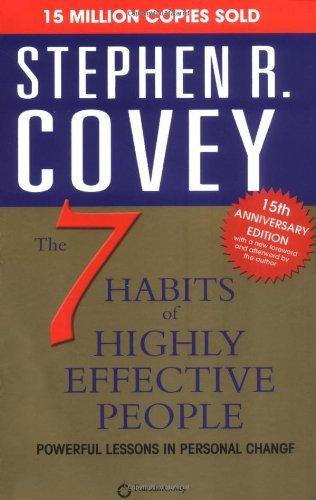
7 Habits of Highly Effective People
by Stephen Covey
Why reinvent the wheel? Model yourself on successful people by adopting the habits that they adopt consistently. This book sets out the 7 key habits and how to follow them.

